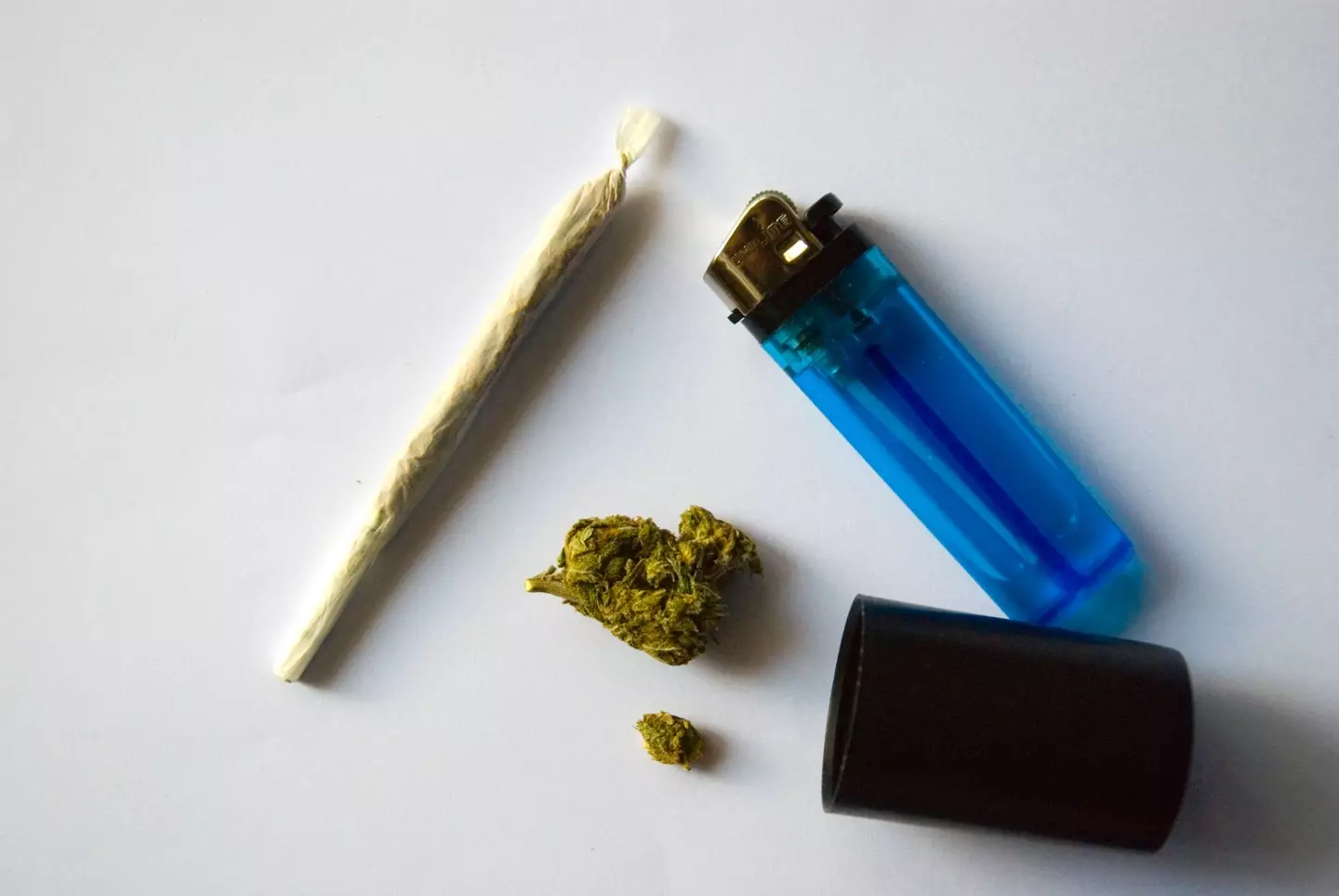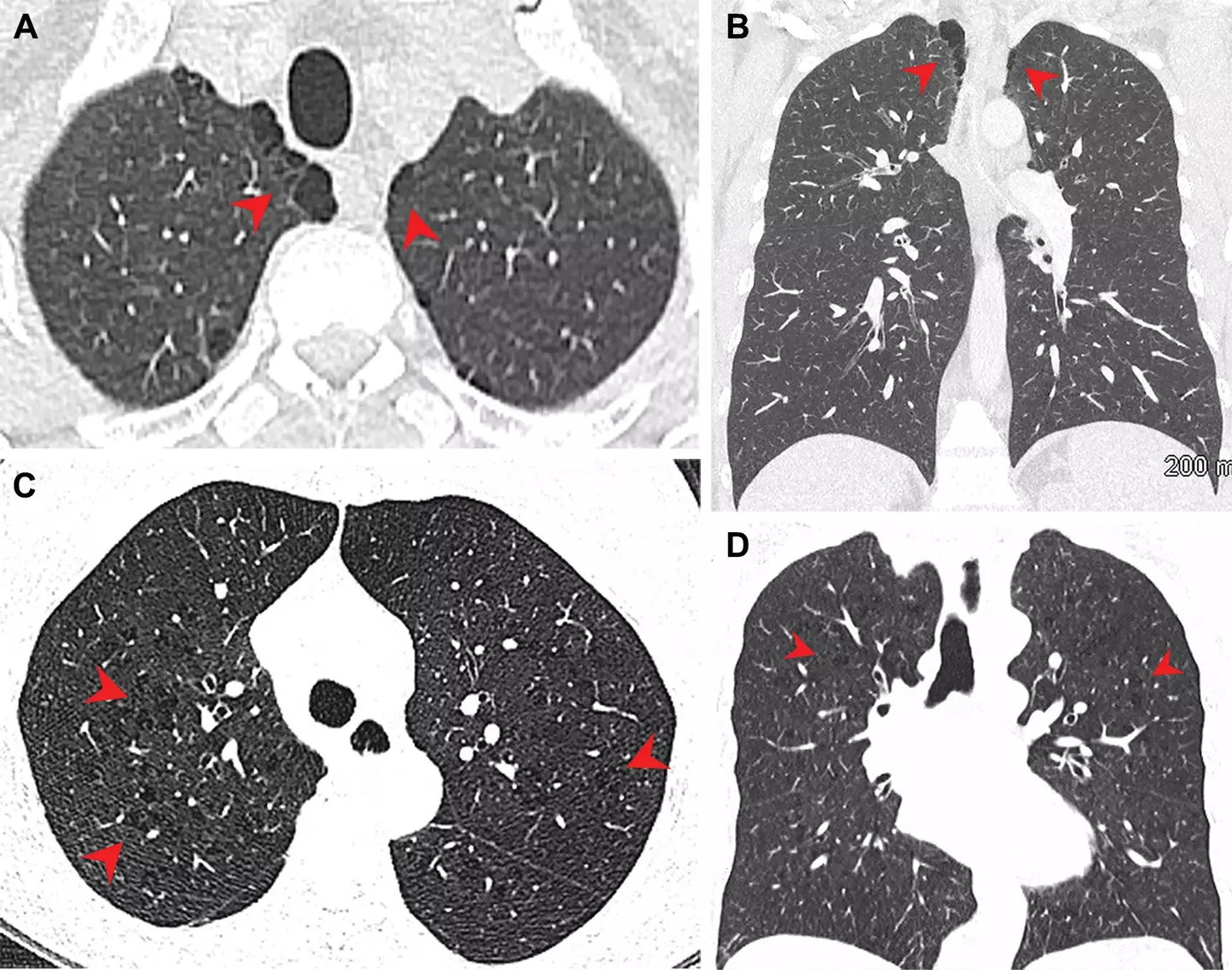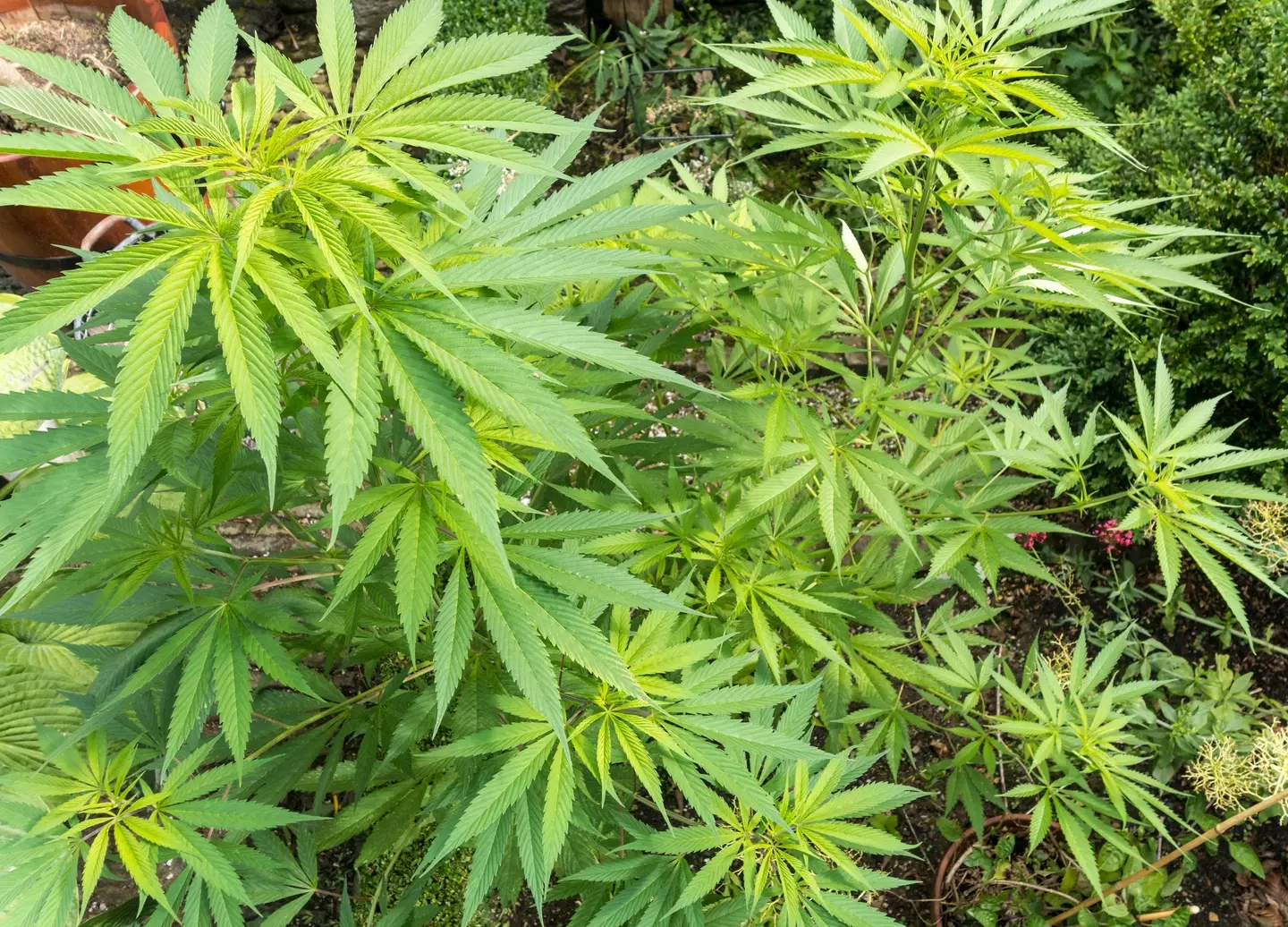
Weed smokers are more likely to get lung disease than cigarette smokers, a new study has found.
The negative effects of smoking are fairly well-documented these days, but the difference between weed and tobacco continues to be hotly debated.
Advert
While some users believe smoking weed is better for you than tobacco, various researchers have found evidence to suggest it is still incredibly harmful to your body.
In fact, in some instances it may even be more harmful - with a new study from the University of Ottawa in Canada finding that those who smoke marijuana are at an increased risk of developing lung disease than those who smoke tobacco cigarettes.
The research, which was recently published in Radiology, a journal of the Radiological Society of North America (RSNA), saw researchers compare chest CT scan results from 56 marijuana smokers with those of 57 non-smoking controls and 33 tobacco-only smokers.

They found that three-quarters of the marijuana smokers had emphysema - a lung disease that causes issues with breathing including shortness of breath - compared with 67 percent of the tobacco-only smokers.
Advert
The predominant sub-type of the disease in marijuana smokers compared to the tobacco-only group was paraseptal emphysema, which damages the small ducts that connect to the air sacs in the lungs (alveoli) over time.
Meanwhile, just five percent of the non-smokers were found to have emphysema.
Study author Giselle Revah, MD, a cardiothoracic radiologist and assistant professor at the University of Ottawa, said: "We know what cigarettes do to the lungs.
"There are well researched and established findings of cigarette smoking on the lungs. Marijuana we know very little about."

The team also found that airway inflammation was more common among marijuana smokers than in those who smoked tobacco or nothing at all, while gynecomastia - the term for enlarged male breast tissue caused by hormone imbalance – was found in 38 percent of marijuana smokers, compared with 11 percent of tobacco-only smokers.
Advert
Revah said: "The fact that our marijuana smokers - some of whom also smoked tobacco - had additional findings of airway inflammation/chronic bronchitis suggests that marijuana has additional synergistic effects on the lungs above tobacco.
"In addition, our results were still significant when we compared the non-age-matched groups, including younger patients who smoked marijuana and who presumably had less lifetime exposure to cigarette smoke."
She added: "It has been suggested that smoking a marijuana joint deposits four times more particulates in the lung than an average tobacco cigarette.
"These particulates are likely airway irritants."

In their conclusion, the authors explained that airway inflammation and emphysema were ‘more common in marijuana smokers than in nonsmokers and tobacco-only smokers’, but added that ‘variable interobserver agreement and concomitant cigarette smoking among the marijuana-smoking cohort’ limits their ability to draw any strong conclusions.
Advert
Indeed, Revah said more research is needed, with larger groups of people able to provide more data on how much and how often people are smoking.
And further work could also examine the effects of various inhalation techniques, such as in a joint, a pipe or through a bong.
Revah added: "It would be interesting to see if the inhalation method makes a difference.”
Featured Image Credit: ShutterstockTopics: Drugs, News, World News, Health